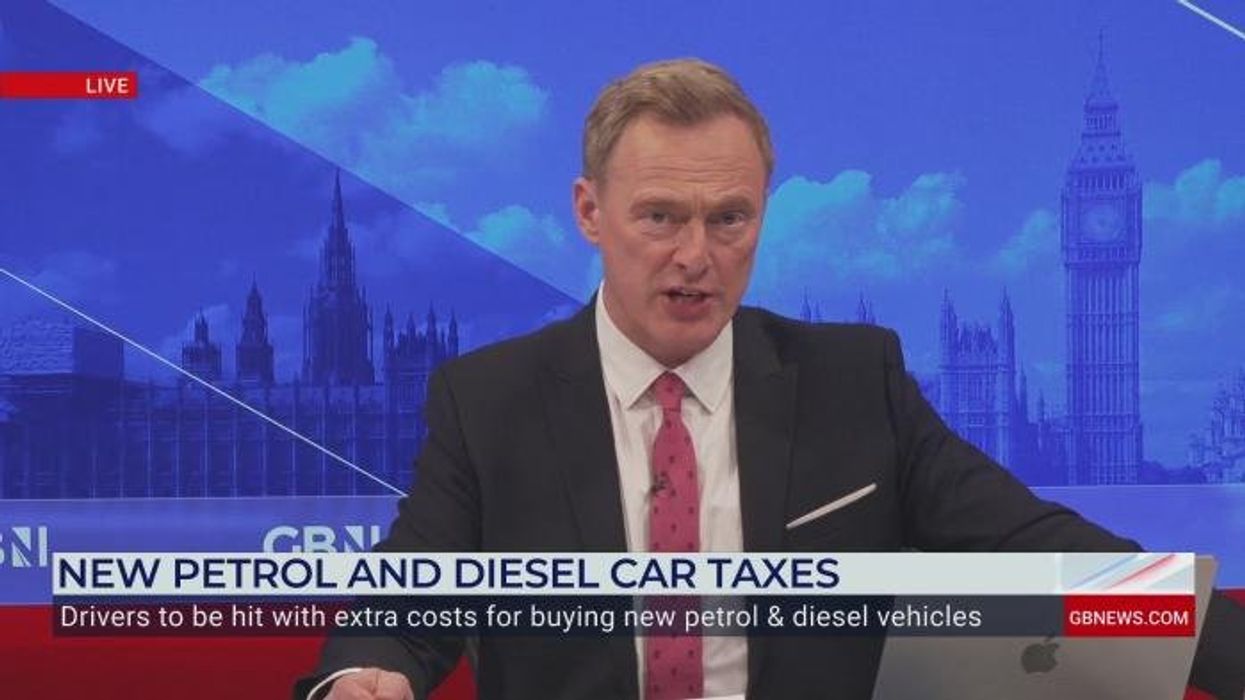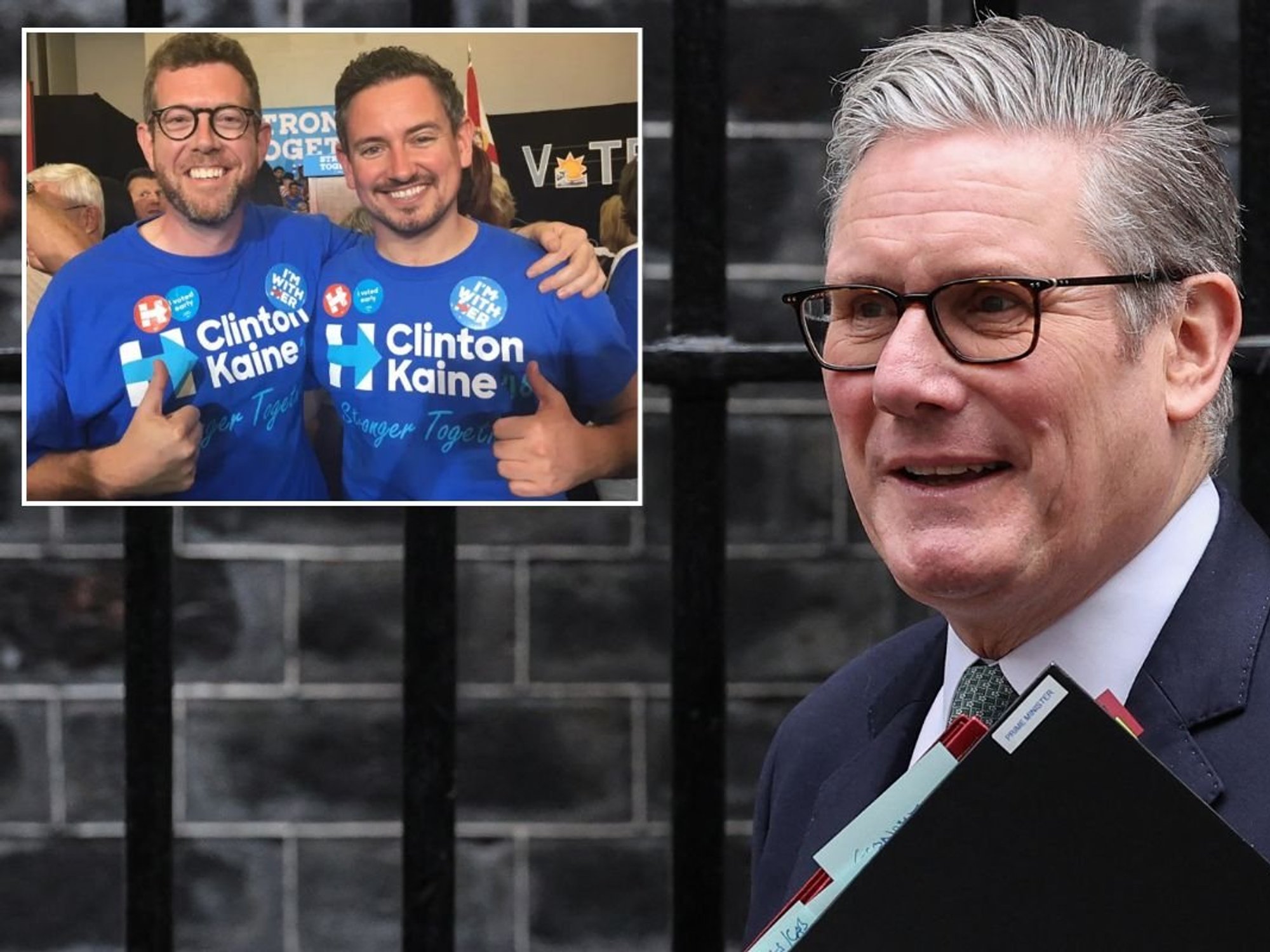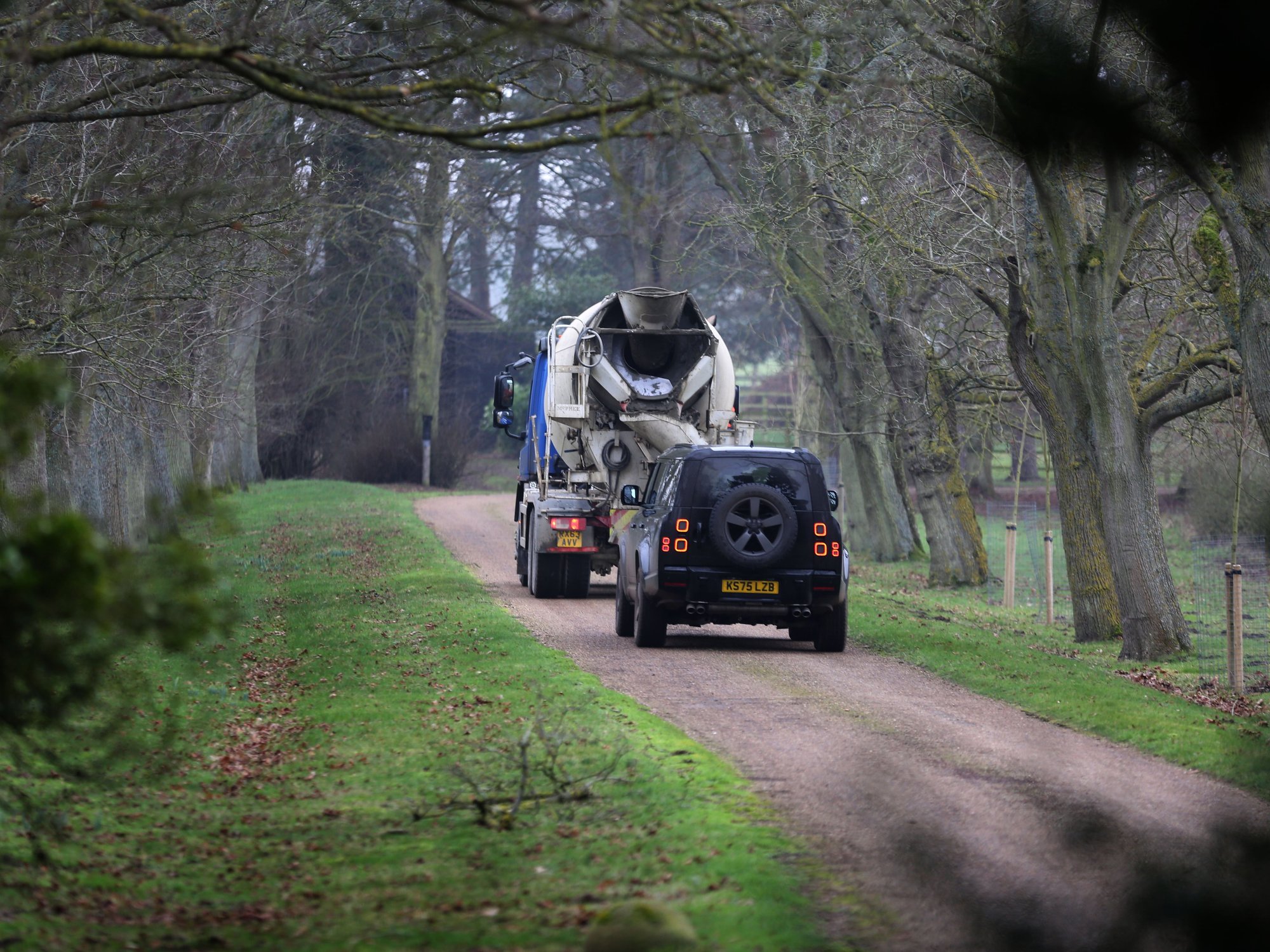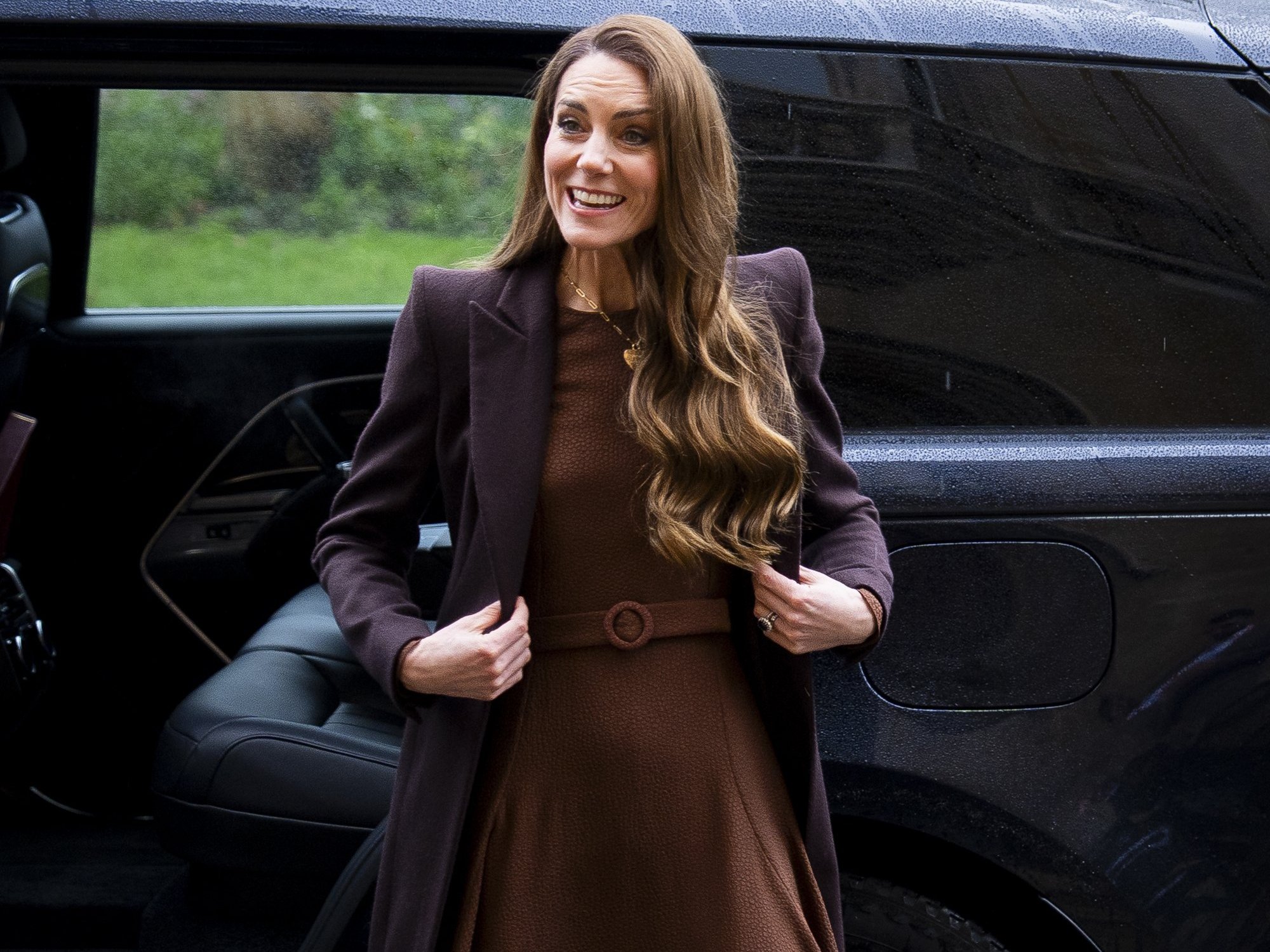Rachel Reeves dealt 'wicked problem' over pay-per-mile taxes as millions of drivers face £300 cost rise

Reports found that drivers would want upcoming tax hikes to result in cheaper electric car charging costs
Don't Miss
Most Read
Chancellor Rachel Reeves has faced growing pressure to show how the expected pay-per-mile taxes will be spent across the UK.
It comes after a new study revealed that almost half of UK adults want the money used to make public charging for electric vehicles cheaper.
The research found that 47 per cent of people believe revenue from EV taxation should be directed directly towards reducing charging costs.
The survey of 2,249 UK adults highlights public frustration over what many see as rising motoring costs dressed up as green policy.
TRENDING
Stories
Videos
Your Say
Ms Reeves, who must fill a widening hole in Treasury finances, has been grappling with a sharp fall in fuel duty income as drivers move from petrol and diesel cars to electric alternatives.
Fuel duty still raised nearly £25billion in the 2024/25 financial year, but that number is expected to fall rapidly in the upcoming years as more drivers buy EVs.
Electric vehicles lost their Vehicle Excise Duty exemption in April, with speculation that a new 3p-per-mile charge could be announced in the 2028 Budget.
That would hit drivers of an average electric car travelling 9,900 miles a year with an extra bill of almost £300.
Business users would face even steeper costs of about £340 a year under the same plan.
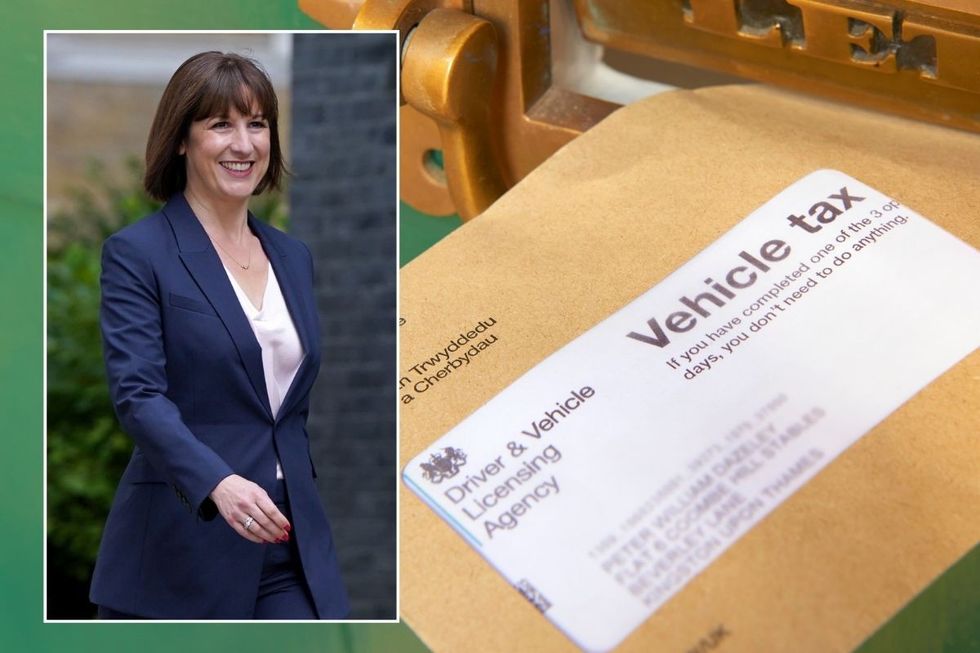
Rachel Reeves is expected to introduce a pay-per-mile tax scheme in the upcoming Budget
| PA/GETTYBut experts have now warned that the Chancellor faces what they call a "wicked problem", pushing taxes too far, and she risks slowing down EV sales, which would reduce Government revenue even more.
But with the Treasury desperate for cash, electric vehicle drivers have become an easy target, experts warned.
When asked about EV taxation more broadly, 71 per cent of respondents said electric car owners should pay something for their road use.
Only 14 per cent believed EVs should remain completely tax-free. Yet support for taxation rose sharply when people were told how the money would be used.
LATEST DEVELOPMENTS
- Motorists could face lifetime driving bans for road offences under new proposals - 'Never drive again'
- British drivers support increasing speed limit on motorways to 80mph - 'Ready for a review!'
- Petrol and diesel drivers face price hike as Rachel Reeves urged to axe fuel duty freeze - 'Do the right thing'
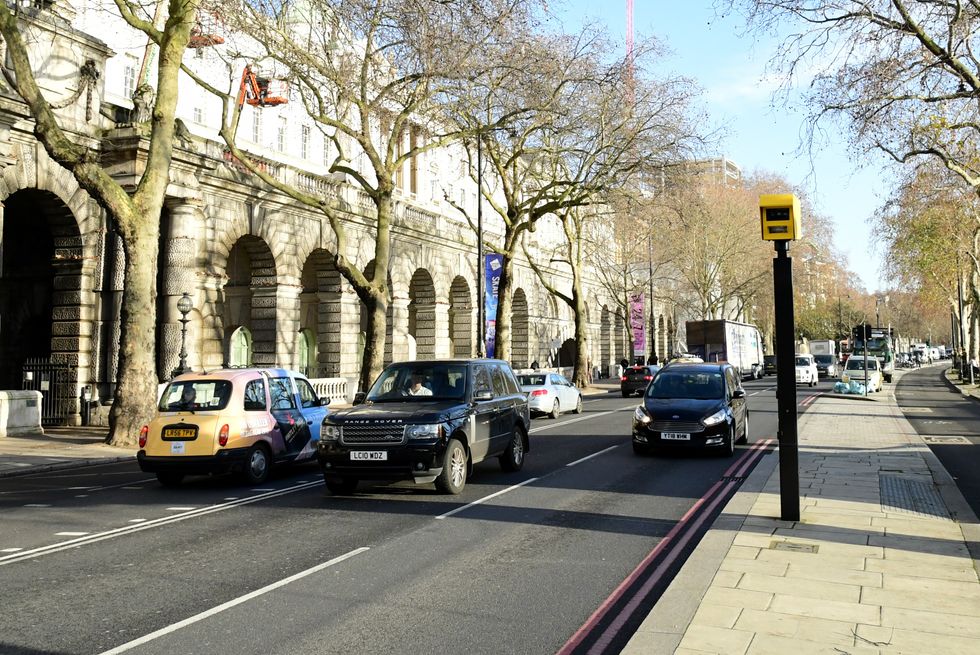 A pay-per-mile scheme could be an alternative to the current system of vehicle taxation | PA
A pay-per-mile scheme could be an alternative to the current system of vehicle taxation | PAIf EV taxes went towards improving charging infrastructure, 61 per cent of drivers said that they would back the policy.
That figure soared to 83 per cent when the funds were earmarked for repairing potholes.
But when told the money might just sit with the Treasury, enthusiasm dropped fast.
Auto Express editor Paul Barker said it was clear what was stopping people from making the switch.
He said: "The cost of public charging has become the single biggest blocker to people transitioning to electric cars, overtaking purchase cost for the first time."
He argued that any new EV taxes must be matched by visible benefits, adding: "Rather than boosting general Treasury coffers, it would help maintain momentum and balance the negativity of increasing the cost of this still-fledgling technology."
Industry insiders share his concerns. With sales already behind Government targets, many warn that piling extra costs on electric car owners could undo years of progress—expensive public charging, they say, risks turning early enthusiasm for EVs into resentment.
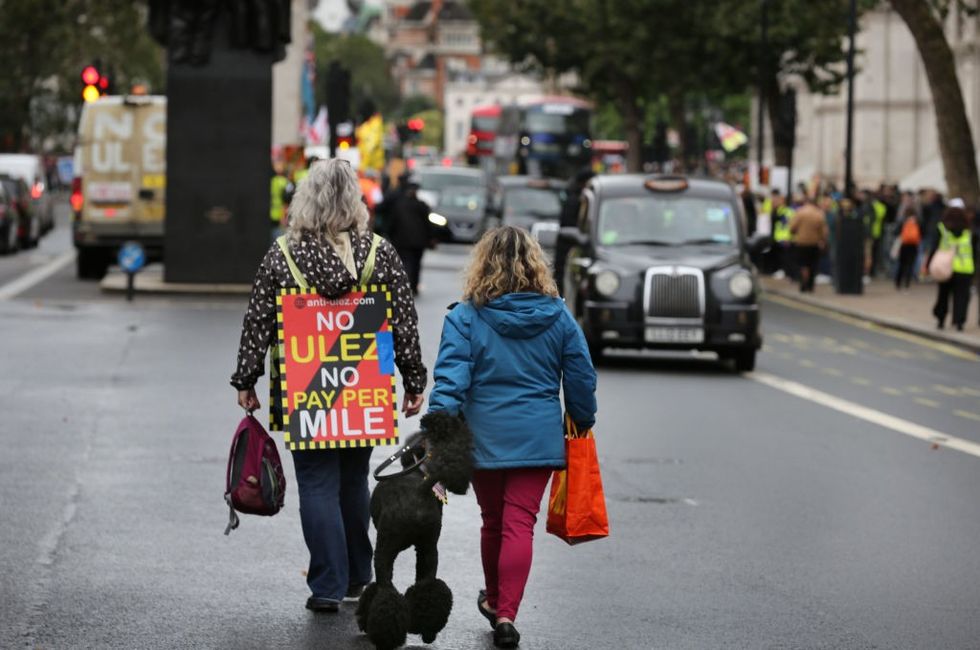 Pay-per-mile car taxes have consistently been met with strong criticism from motorists | GETTY
Pay-per-mile car taxes have consistently been met with strong criticism from motorists | GETTYStonehaven's transport policy head, Michael Dnes, a former Department for Transport official, said the current system unfairly benefits homeowners who can charge their cars cheaply at home.
"The system favours people who own a house with a driveway," he said. "More than 10 million homes are frozen out of cheap charging," often paying up to 10 times more than those who can plug in overnight.
Mr Dnes called for a "right to home charge," lower public charging costs, and reduced tax rates for existing EV owners.
Without such steps, he warned, Britain's electric car revolution could stall before it truly begins.
For now, the ball is in Rachel Reeves's court. She must find a way to tax fairly without punishing drivers already feeling squeezed.
As one motorist put it in response to the survey: "If the Government's going to tax us for going electric, the least they can do is make charging affordable."


